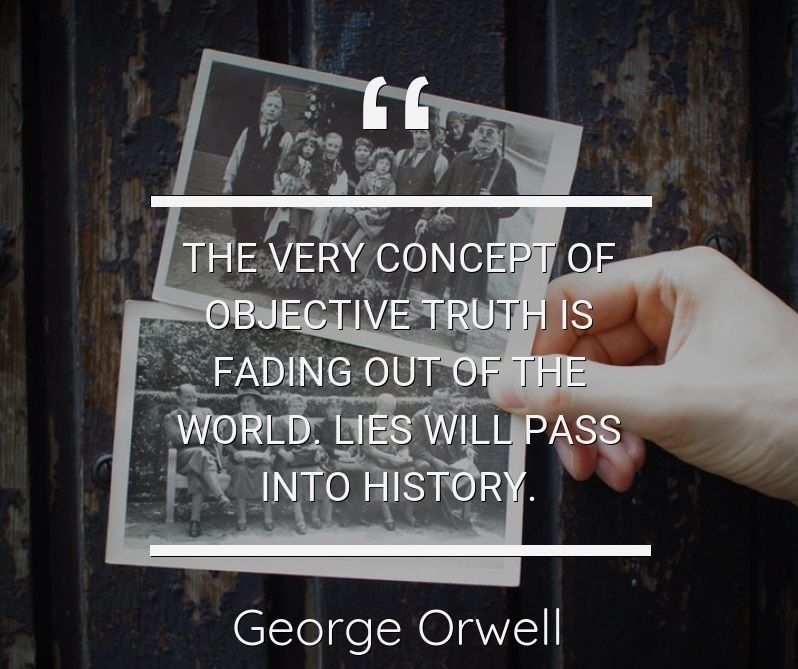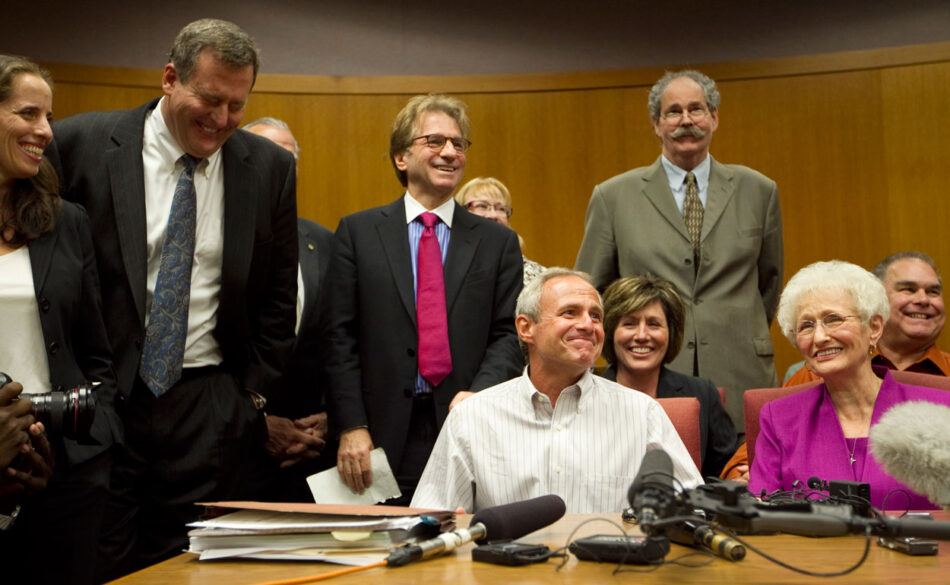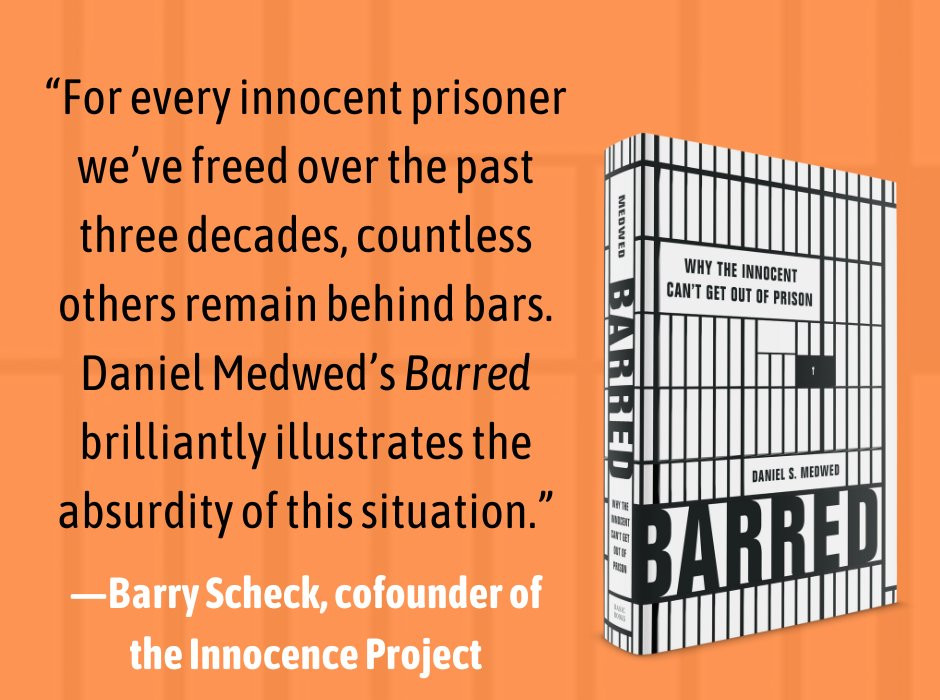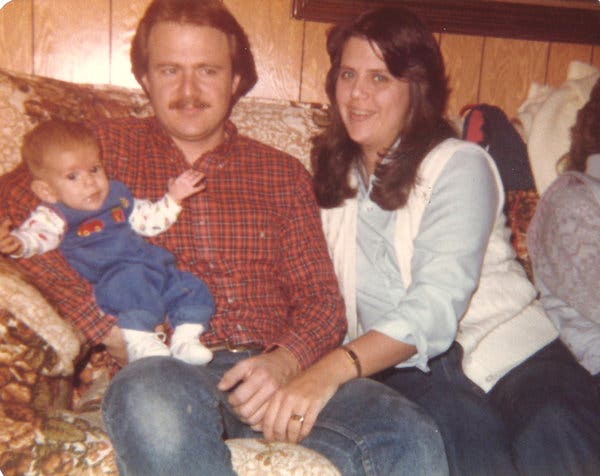
“Het concept van objectieve waarheid verdwijnt uit de wereld.
Leugens zullen de geschiedenis ingaan.” George Orwell
Page Description
Objective Truth:
Seeking unbiased, factual clarity in the pursuit of accurate and impartial understanding.
1 Chocolate Milkshake: The Power of Hope
LIFE IS NOT EASY!
HOW TO HANDLE AN EXCEPTIONAL SITUATION?
Notice
There is the little book ‘The Little Prince’ by author ‘Antoine de Saint-Exupéry’ about the nature of man, using a gallery of figurines. It is the metaphor for man’s bizarre behaviour. Bizarre people.
A human can behave irrationally. The behaviour cannot be understood rationally.
Justice is used for the wrong reasons to deliberately find a stick to beat a dog.
The real issue is not looked at as in the case of Liam Allan.
“I was falsely accused of rape and went through hell. While the police had the evidence that exonerated me in their hands all the time”.Based on cherry-picking, Liam Allan was prosecuted. “I can’t put into words how that feels,” the young man says. “It’s something that happens to famous people sometimes, but you can’t imagine that something like that would happen to you.”
cherry-picking: the action or practice of choosing and taking only the most beneficial or profitable items, opportunities, etc., from what is available.
“it is an exaggeration based on the cherry-picking of facts”
In the listing on the homepage, Ryan Ferguson a white 19-year-old is behind bars for his entire 20s. He says in the Interrogation ‘I am even innocent of being there’. One could know that the two talking him to the gallows are outright lying that they see black.
When he is released, he says: ‘it takes an army to get out of jail.
- In the same list on the homepage: Micheal Morton spends 25 years in jail despite good lawyers says Barry Scheck, co-founder of an innocent project, due to the prosecutor withholding evidence of Michael Morton’s innocence.
One could go on endlessly with extreme examples showing how the judiciary operates to fool everyday people who have done nothing wrong.
Such a thing exists, one cannot ignore it and one must take it into account.
Bemerk
Er is het boekje ‘The Little Prince’ van auteur ‘Antoine de Saint-Exupéry’ over de natuur van de mens, aan de hand van een galerij figuurtjes. Het is de metafoor voor het bizarre gedrag van de mens. Bizarre mensen.
Een mens kan zich irrationeel gedragen. Het gedrag is rationeel niet te begrijpen.
Justitie wordt om verkeerde redenen gebruikt om bewust een stok te vinden om een hond te slaan.
De echte kwestie wordt niet bekeken zoals bij Liam Allan. “I was falsely accused of rape and went through hell. While the police had the evidence that exonerated me in their hands all the time”.
Op basis van cherry-picking werd Liam Allan vervolgt. “I can’t put into words how that feels,” the young man says. “It’s something that happens to famous people sometimes, but you can’t imagine that something like that would happen to you.”
cherry-picking: de actie of praktijk van het kiezen en nemen van alleen de meest gunstige of winstgevende items, kansen, enz. uit wat beschikbaar is.
“Het is een overdrijving gebaseerd op het plukken van feiten.”
In het lijstje op de homepagina, Ryan Ferguson een blanke 19 jarige zit voor zijn volledige twintiger jaren achter de tralies. Hij zegt in het verhoor ‘I am even innocent of being there’. Men kon weten dat de twee die hem aan de galg praten liegen dat ze zwart zien.
Wanneer hij vrijkomt zegt hij: ‘it takes an army to get out of prison.
- In dezelfde lijst op de homepagina: Micheal Morton zit 25 jaar in de gevangenis ondanks goede advocaten zegt Barry Scheck, co-founder of an innocent project, doordat de procureur het bewijs van de onschuld van Michael Morton achterhoud.
Men kan eindeloos verder gaan met extreme voorbeelden die tonen hoe men bij justitie te werk gaat om doodgewone mensen die niets misdaan hebben voor de gek te houden.
Zoiets bestaat, men kan dit niet negeren en men moet daarmee rekening houden.



“An Unreal Dream: The Michael Morton Story” is a documentary film that tells the true story of Michael Morton, a man who was wrongfully convicted of the murder of his wife in 1987 in Texas and spent nearly 25 years in prison before being exonerated by DNA evidence. The key points of the documentary film include:
Wrongful Conviction: The film highlights the wrongful conviction of Michael Morton for the murder of his wife Christine Morton, despite his innocence. It depicts the flaws in the criminal justice system, including eyewitness misidentification, faulty forensic evidence, and prosecutorial misconduct, that led to Morton’s wrongful conviction and imprisonment.
Injustice and Imprisonment: The documentary explores Michael Morton’s harrowing experience of being wrongfully imprisoned for nearly 25 years, separated from his son and other loved ones, and facing the challenges of life behind bars. It sheds light on the psychological, emotional, and physical toll of wrongful imprisonment on Morton and his family.
Fight for Justice: The film highlights Michael Morton’s relentless pursuit of justice and his unwavering determination to prove his innocence. It showcases the efforts of Morton’s legal team, including the Innocence Project, to uncover the truth and seek exoneration for Morton through DNA testing and other evidence.
Impact on Family: “An Unreal Dream” also delves into the profound impact of Michael Morton’s wrongful conviction on his family, particularly his son Eric, who grew up without his father and struggled with the trauma and stigma associated with having a father in prison for a crime he did not commit. The film depicts the emotional journey of the Morton family as they strive to rebuild their lives after Michael’s release.
Aftermath and Reforms: The documentary examines the aftermath of Michael Morton’s exoneration, including the efforts to hold those responsible for his wrongful conviction accountable, the reforms implemented in the criminal justice system to prevent similar injustices, and Morton’s advocacy for criminal justice reform to prevent wrongful convictions and ensure the fair administration of justice.
Overall, “An Unreal Dream: The Michael Morton Story” portrays a compelling tale of a man’s wrongful conviction, his quest for justice, and the impact of the criminal justice system’s failures on the lives of those who are wrongfully incarcerated and their families.
“An Unreal Dream: The Michael Morton Story” is a documentary film that tells the story of Michael Morton, who was wrongfully convicted of the murder of his wife in 1986 and spent 25 years in prison before being exonerated by DNA evidence. The key points of the documentary include:
Michael Morton was convicted of murdering his wife Christine Morton in 1986 based on circumstantial evidence, despite there being no physical evidence or eyewitnesses to the crime.
Morton maintained his innocence throughout the trial and his subsequent years in prison, even though he had the opportunity to plead guilty and receive a shorter sentence.
The documentary explores the flawed justice system that led to Morton’s wrongful conviction, including the misconduct of the prosecutor and the inadequate defense provided by Morton’s attorney.
After spending 25 years in prison, Morton was finally exonerated in 2011 after DNA evidence proved that he was not the killer.
The documentary also examines the toll that Morton’s wrongful conviction took on his life, including the loss of his wife, his relationship with his son, and his mental health.
Despite the injustice he suffered, Morton remains an advocate for criminal justice reform and has worked to improve the system that failed him.
1 Justice delayed is justice denied: the 7 red flags e.g. The Jeffrey Epstein-like event
From an organisational culture perspective, there are seven signals that can reveal an increased risk of integrity violations, such as corruption and fraud, within an organisation. We establish this based on an analysis of twenty-five cases in which violations occurred. Weaknesses in an organisation’s culture can ensure that violations are more likely to occur, are less likely to be noticed, do not lead to countermeasures and can therefore develop. These red flags are discussed in this article. Knowledge of the red flags enables organisations to identify integrity risks early and provides input to the organisation’s moral development.
Vanuit de organisatiecultuur gezien zijn er zeven signalen die een verhoogd risico op integriteitsschendingen, zoals corruptie en fraude, binnen een organisatie aan het licht kunnen brengen. Dat stellen wij vast op basis van een analyse van vijfentwintig cases waarin zich schendingen voordeden. De weeffouten in een organisatiecultuur kunnen ervoor zorgen dat schendingen eerder plaatsvinden, minder snel worden opgemerkt, niet leiden tot tegenmaatregelen en zich daardoor kunnen ontwikkelen. Deze red flags worden in dit artikel besproken. Kennis van de red flags stelt organisaties in staat integriteitsrisico’s vroegtijdig te signaleren en geeft input aan de morele ontwikkeling van de organisatie.
How They Were Caught: Jeffrey Epstein
20 mei 2021
2 Beat around the bush
Communication Professor Reacts to Bill Gates Interview on PBS
50 PAXMAN fails on Dutch TV about SAVILE SCANDAL
Back to menu HIGHLY IMPORTANT
19 sep. 2014
Barry Scheck, a prominent defense attorney and co-founder of the Innocence Project, has given several talks and interviews on the topic of wrongful convictions. While the specific content of each talk may vary, there are some key points that he often emphasizes:
Wrongful convictions are a serious problem in the criminal justice system: Scheck argues that there are far too many cases in which innocent people are convicted of crimes they did not commit. This can happen for a variety of reasons, including faulty eyewitness identification, false confessions, and inadequate defense representation.
DNA evidence can be a powerful tool for exonerating the wrongly convicted: Scheck’s work with the Innocence Project has focused heavily on using DNA evidence to overturn wrongful convictions. He believes that DNA testing can provide definitive proof of innocence in many cases, and that it should be more widely available to defendants who may have been wrongly convicted.
Criminal justice reform is needed to prevent wrongful convictions: Scheck argues that there are many systemic issues in the criminal justice system that contribute to wrongful convictions, such as the reliance on snitches and informants, the use of junk science in criminal trials, and the lack of resources for defense attorneys. He advocates for reforms to address these issues and make the system more fair and accurate.
Wrongful convictions have a profound impact on the lives of those who are exonerated: Scheck notes that being wrongfully convicted and imprisoned can have devastating consequences for the innocent person and their family, including loss of employment, strained relationships, and mental health problems. He believes that society has a responsibility to support exonerees as they try to rebuild their lives after release.
Overall, Scheck’s talks on wrongful conviction emphasize the need for a more just and accurate criminal justice system, and the importance of using all available tools to ensure that innocent people are not wrongly convicted.
Head Caught In Elevator Doors Prank